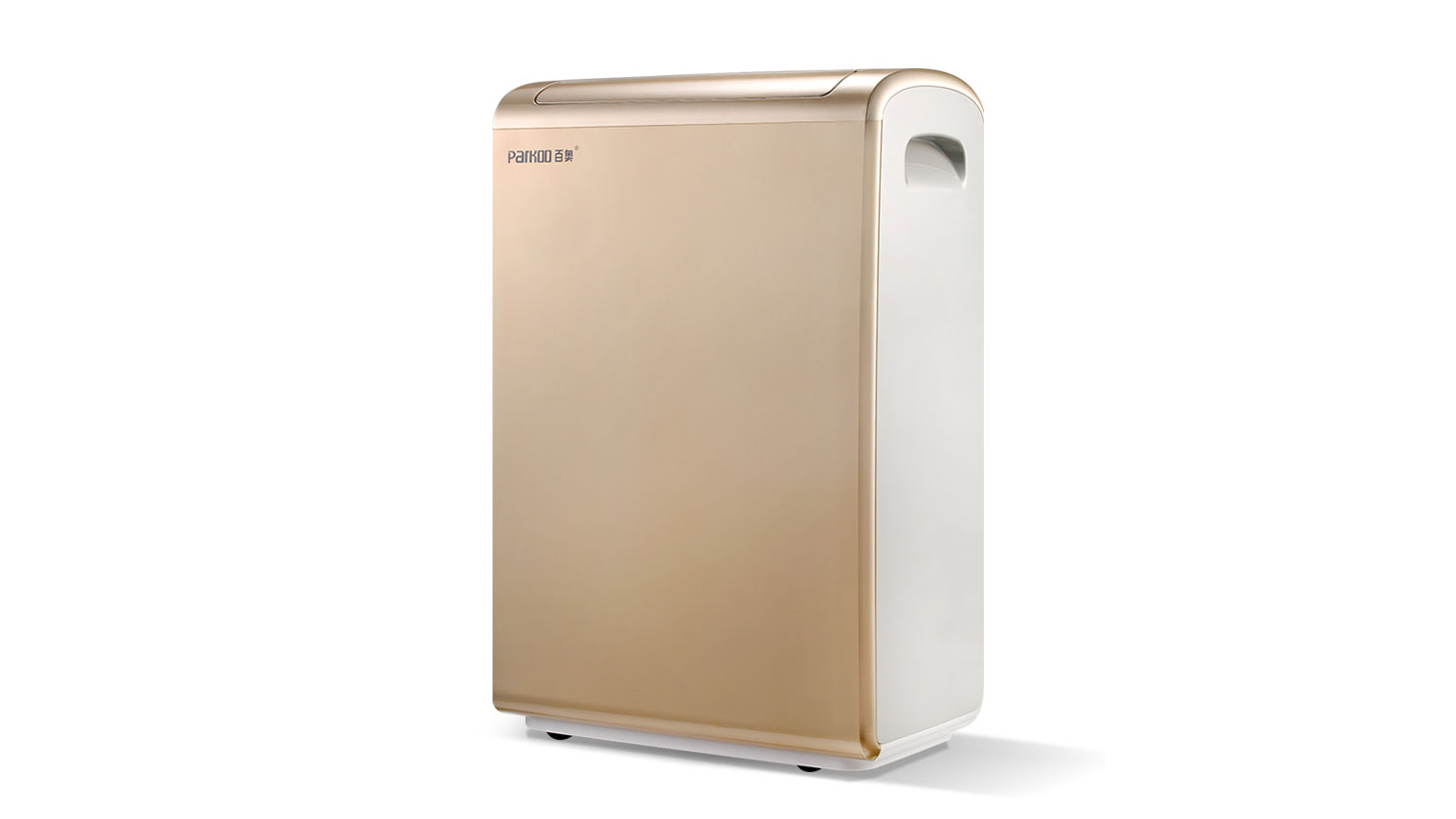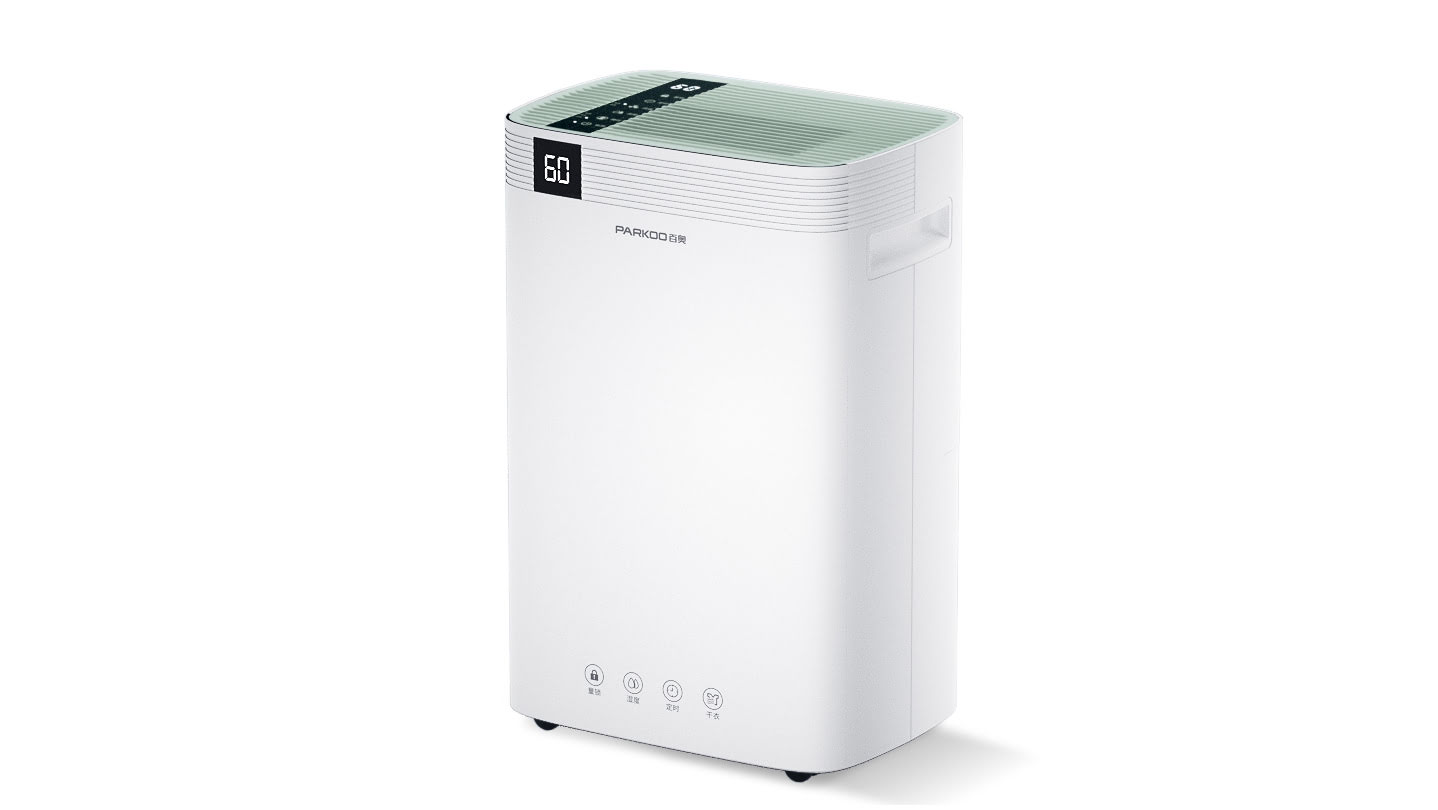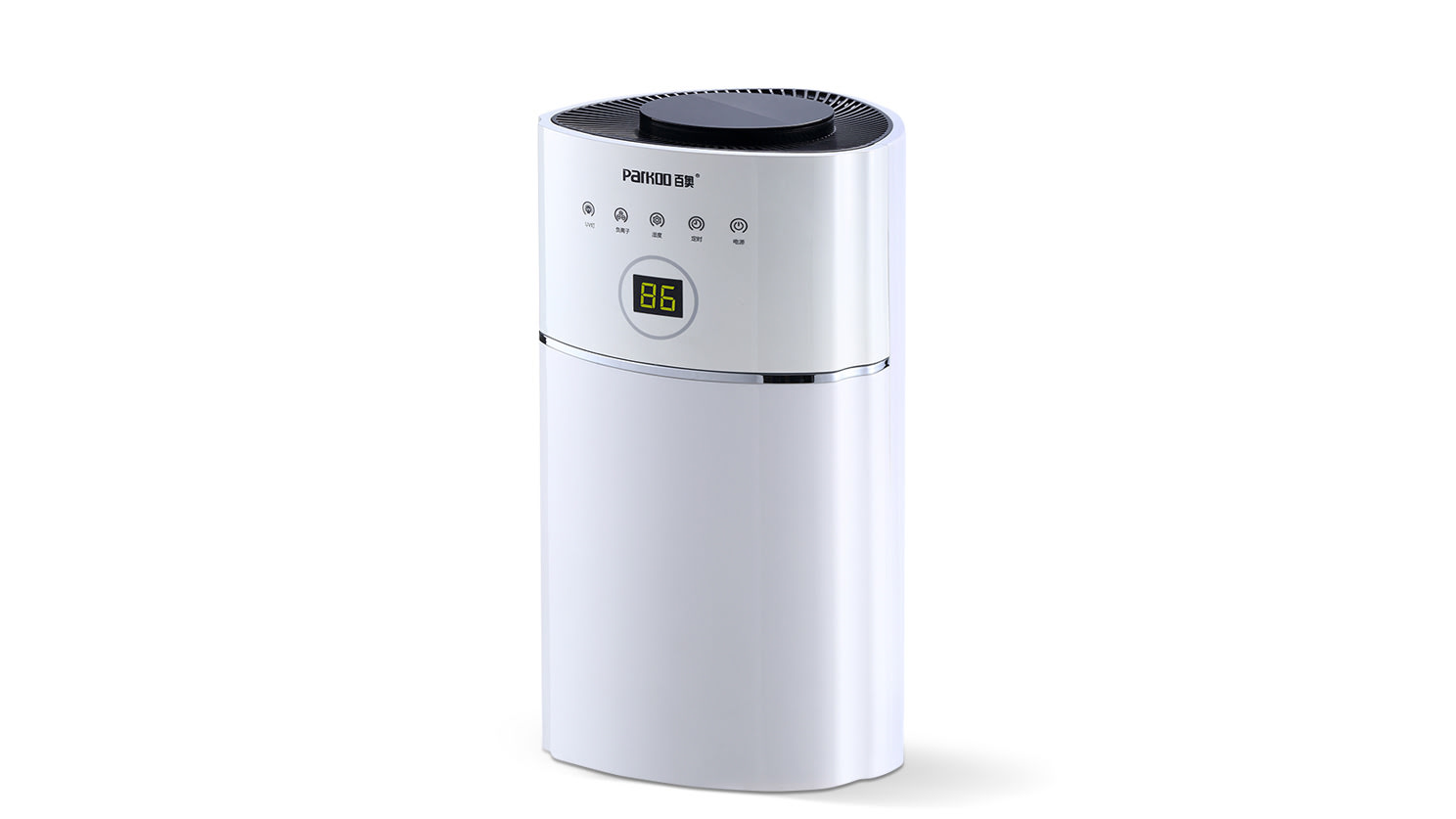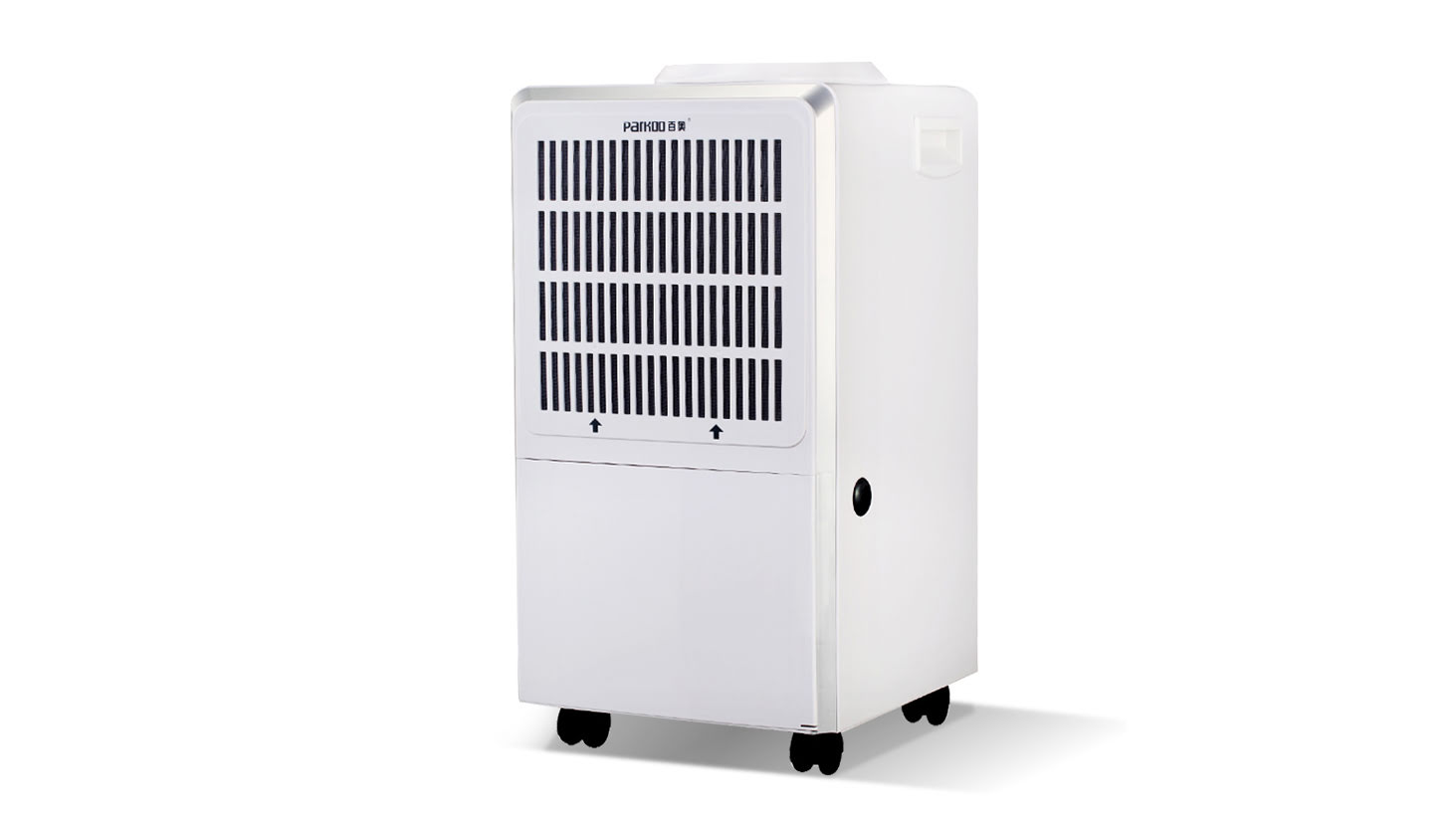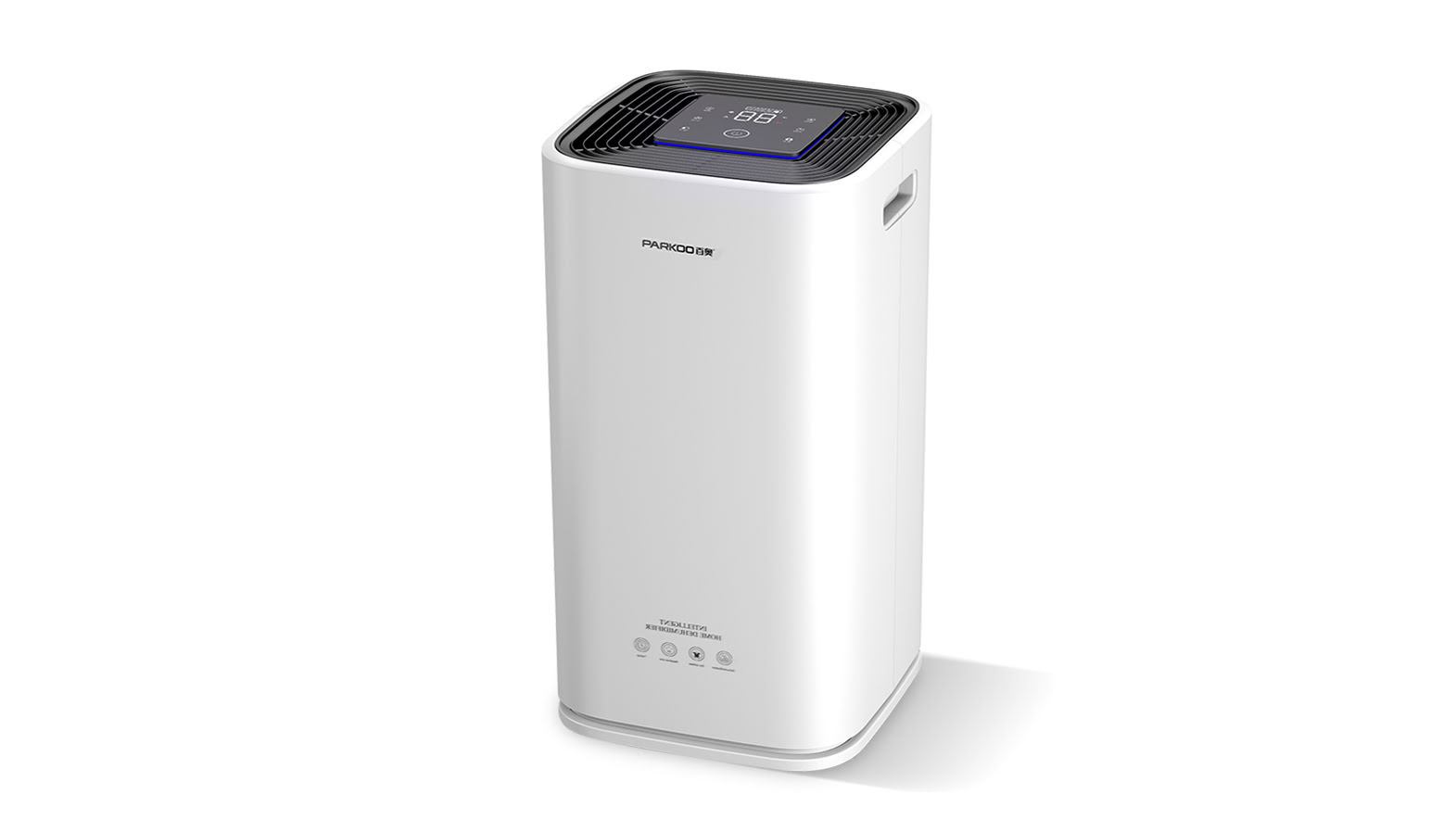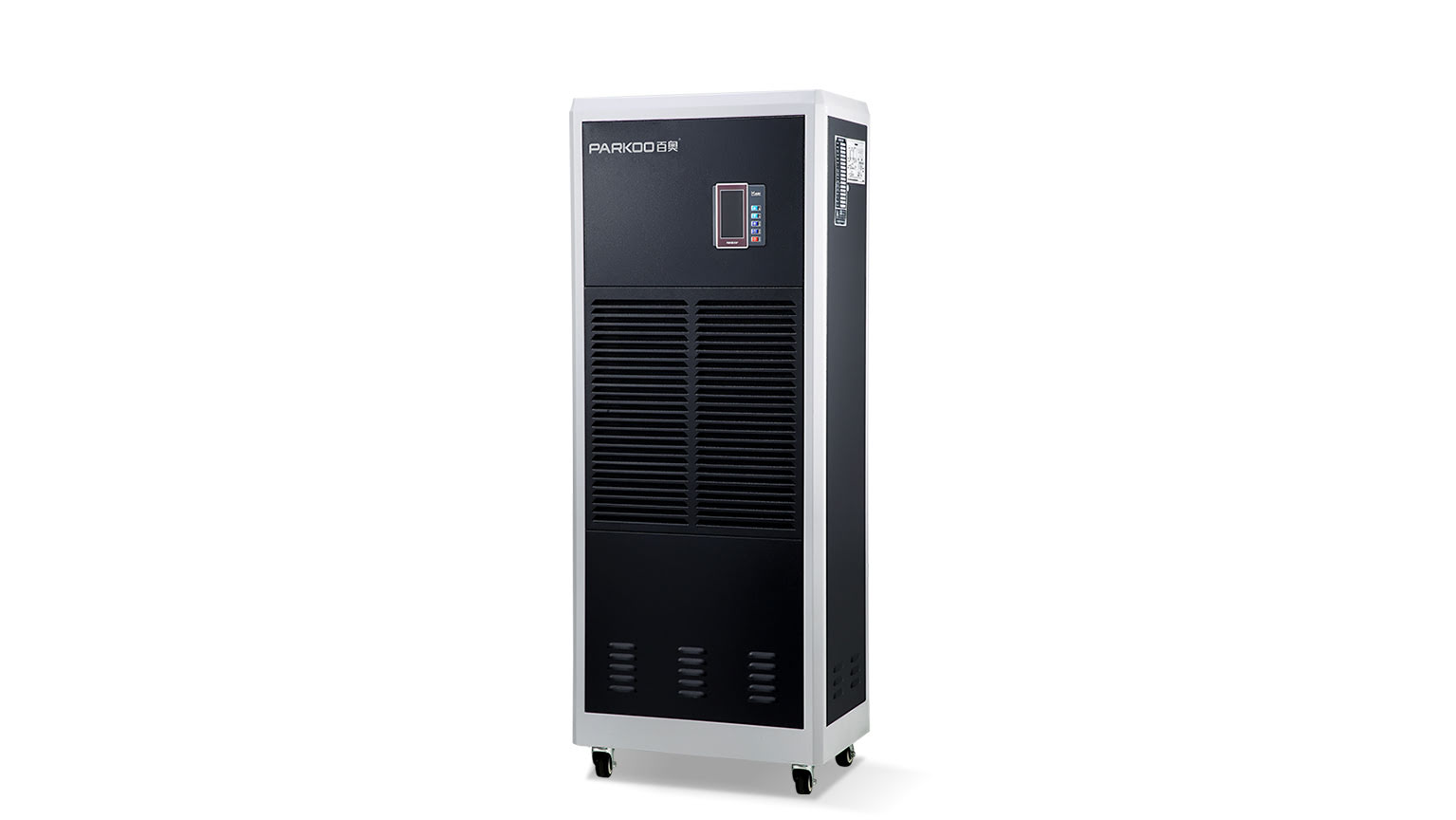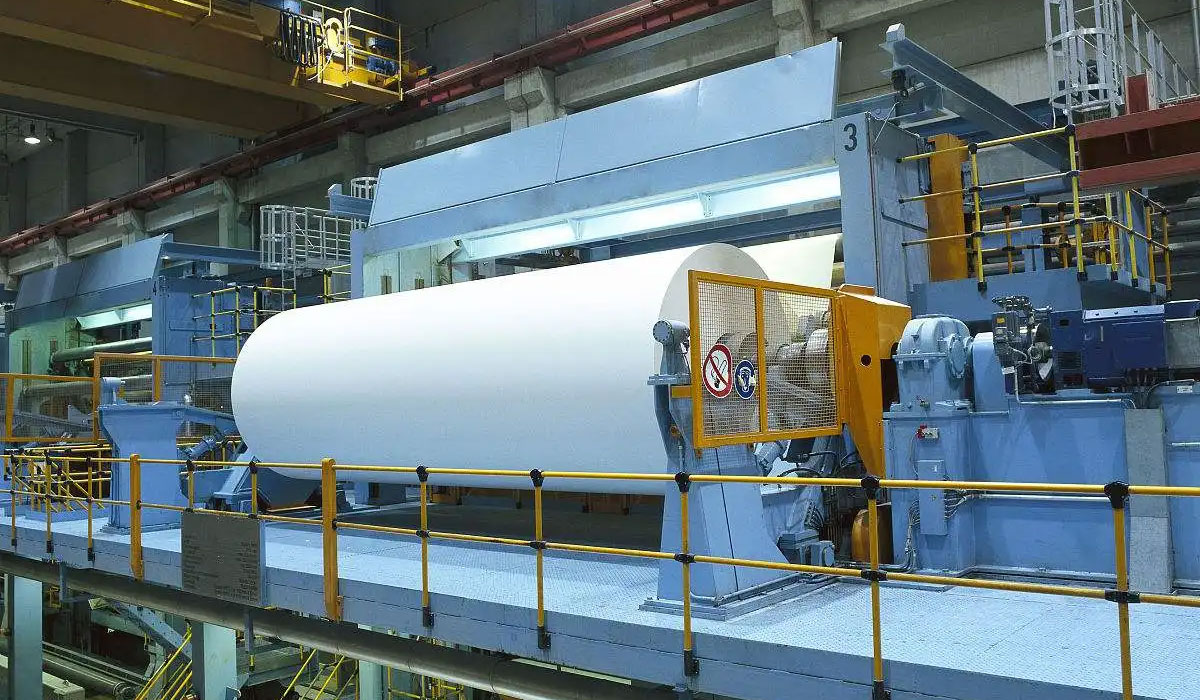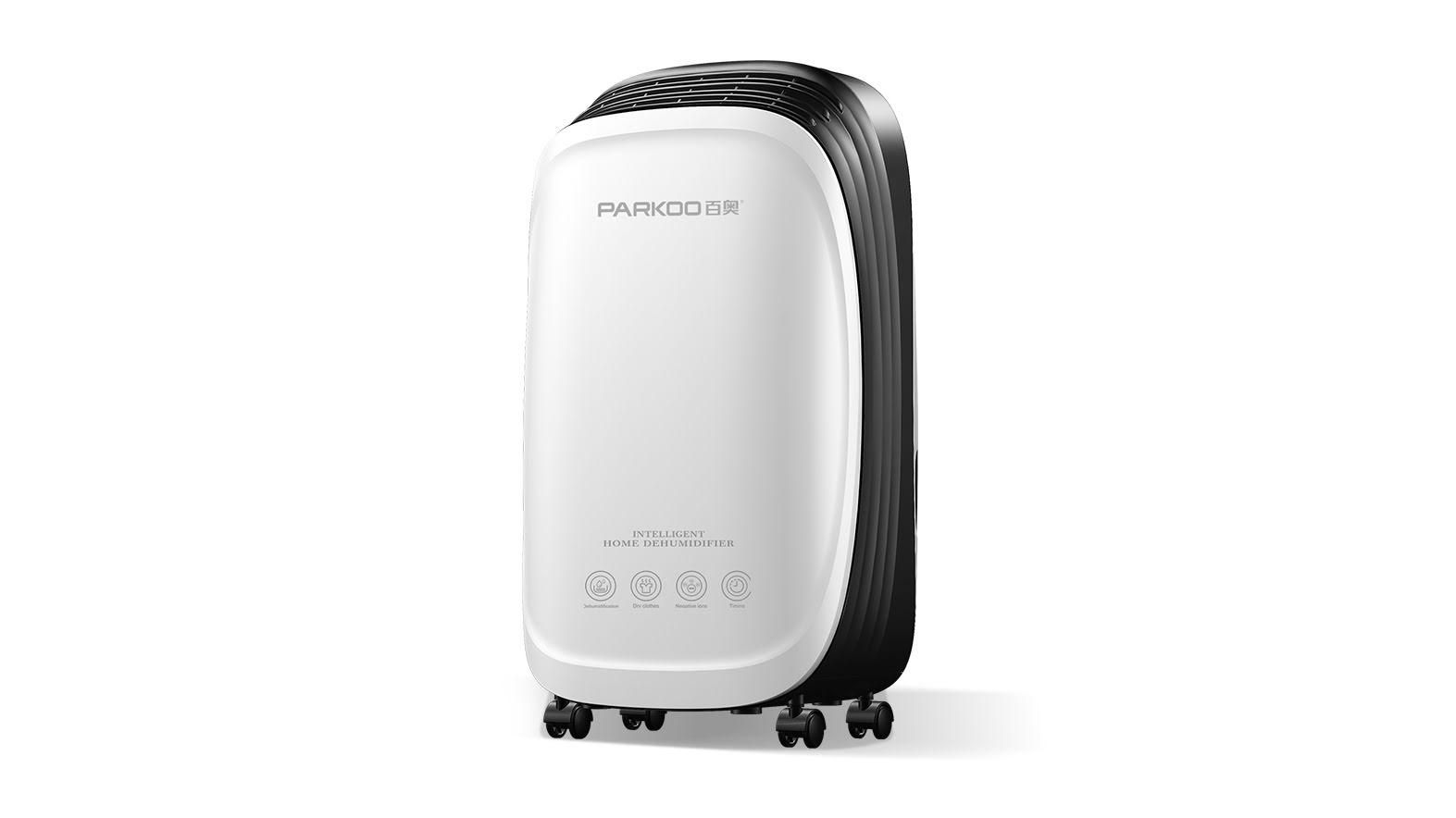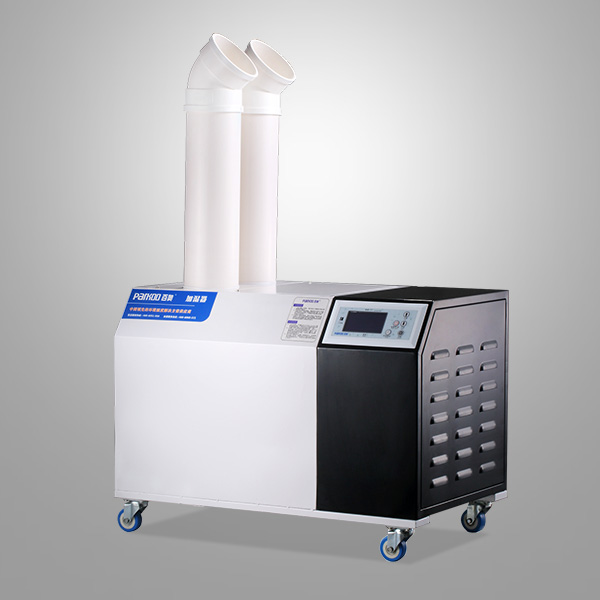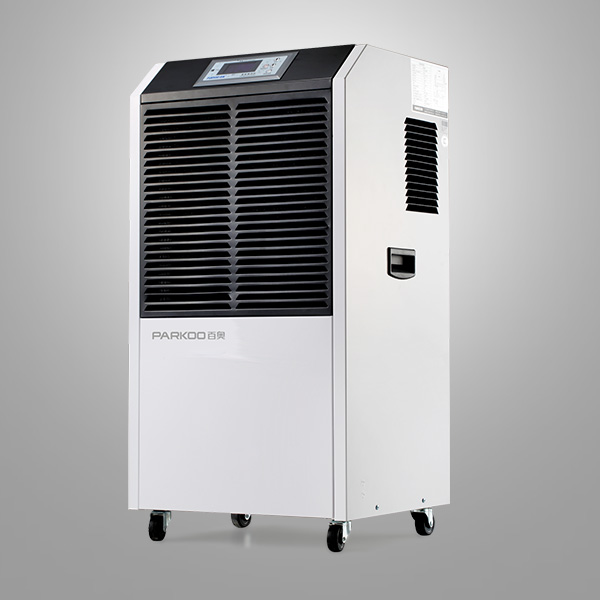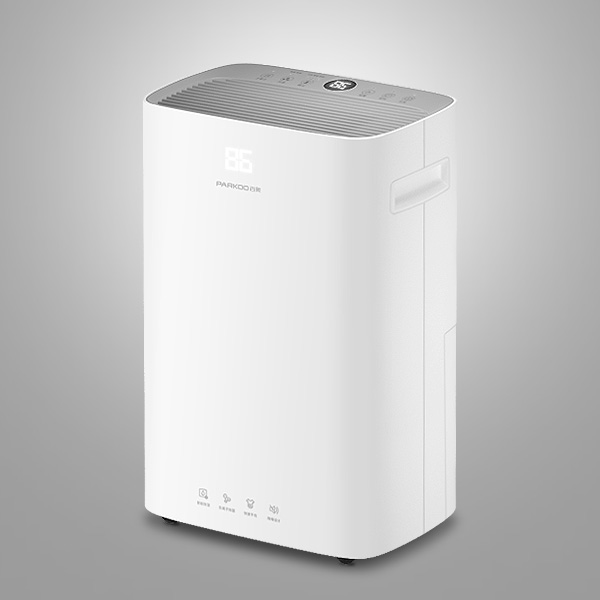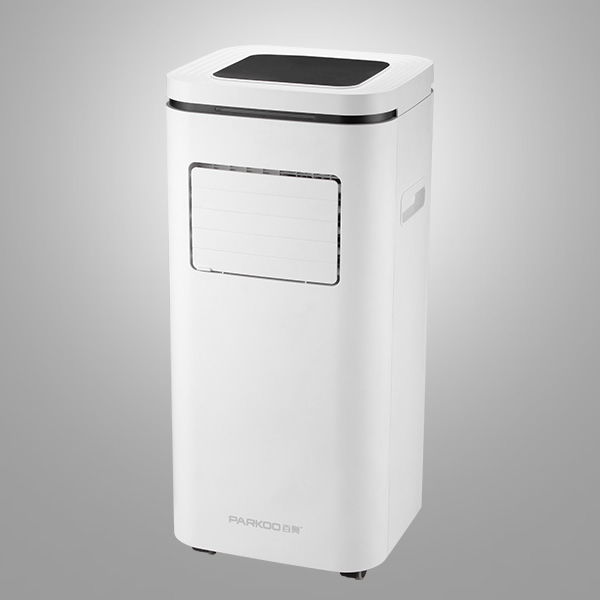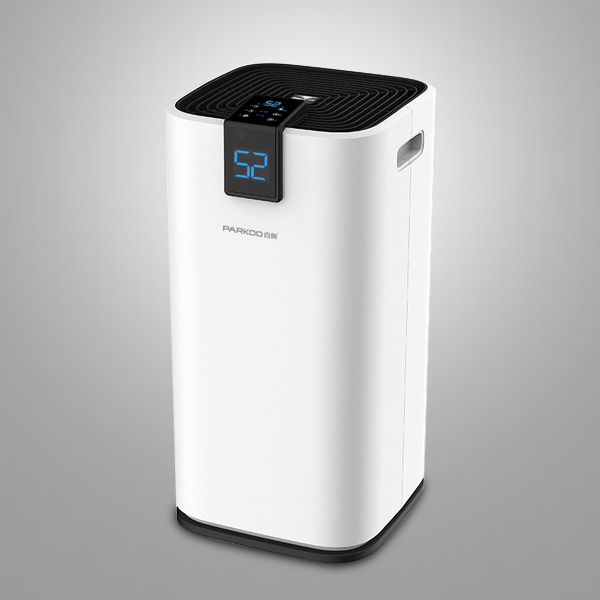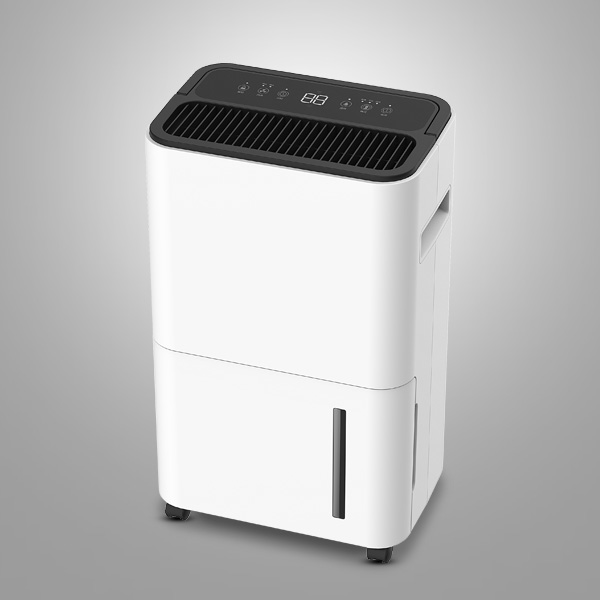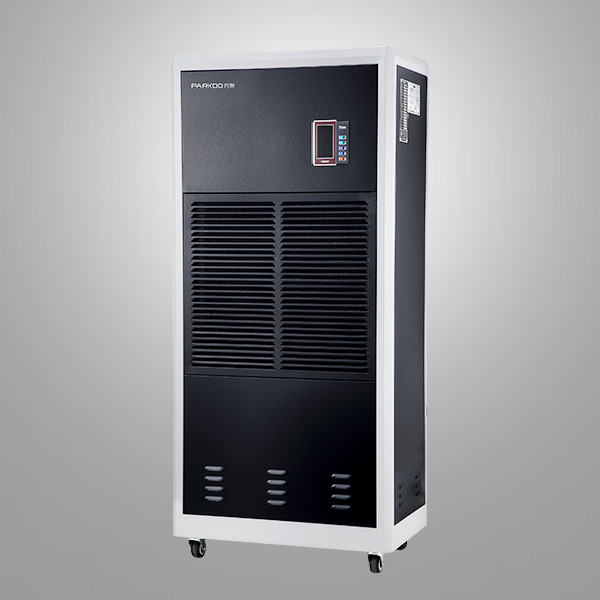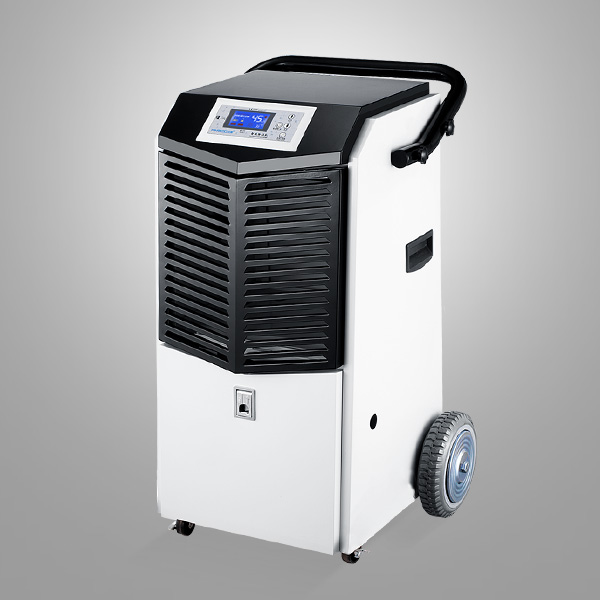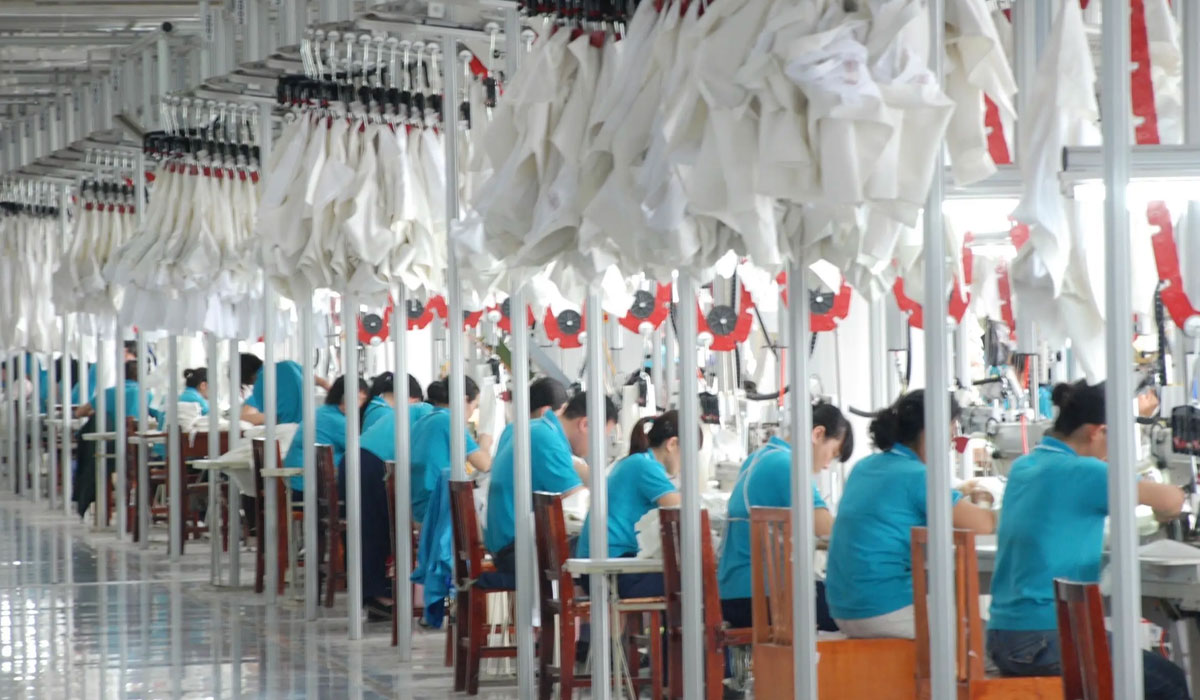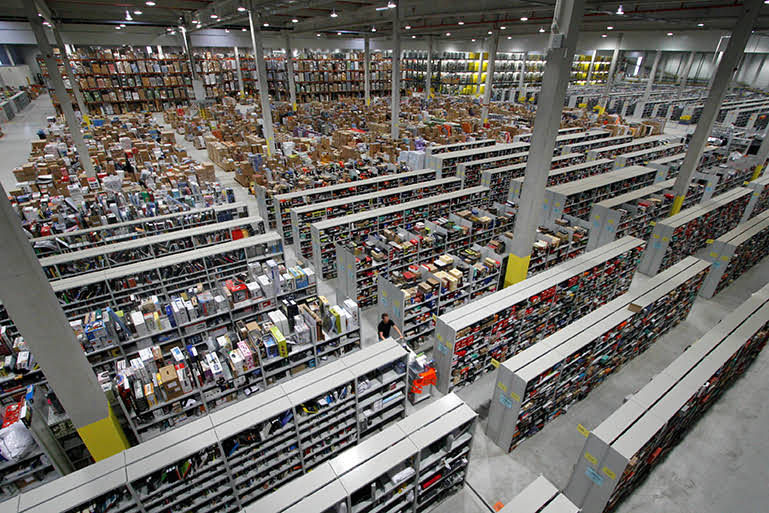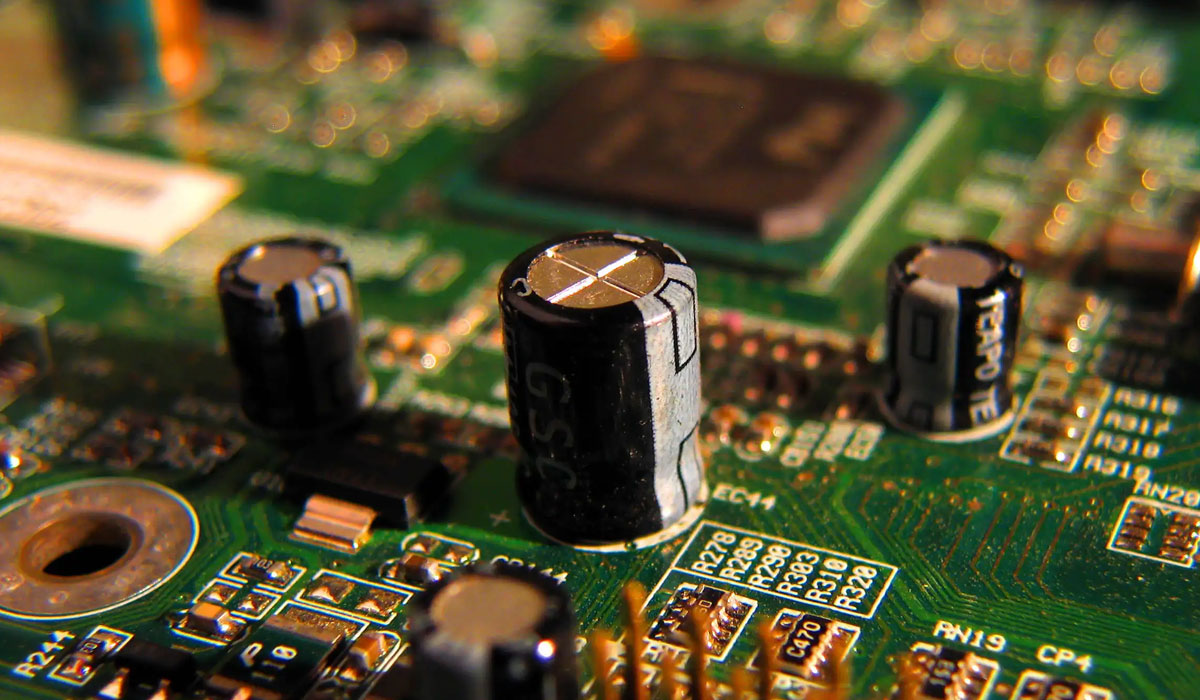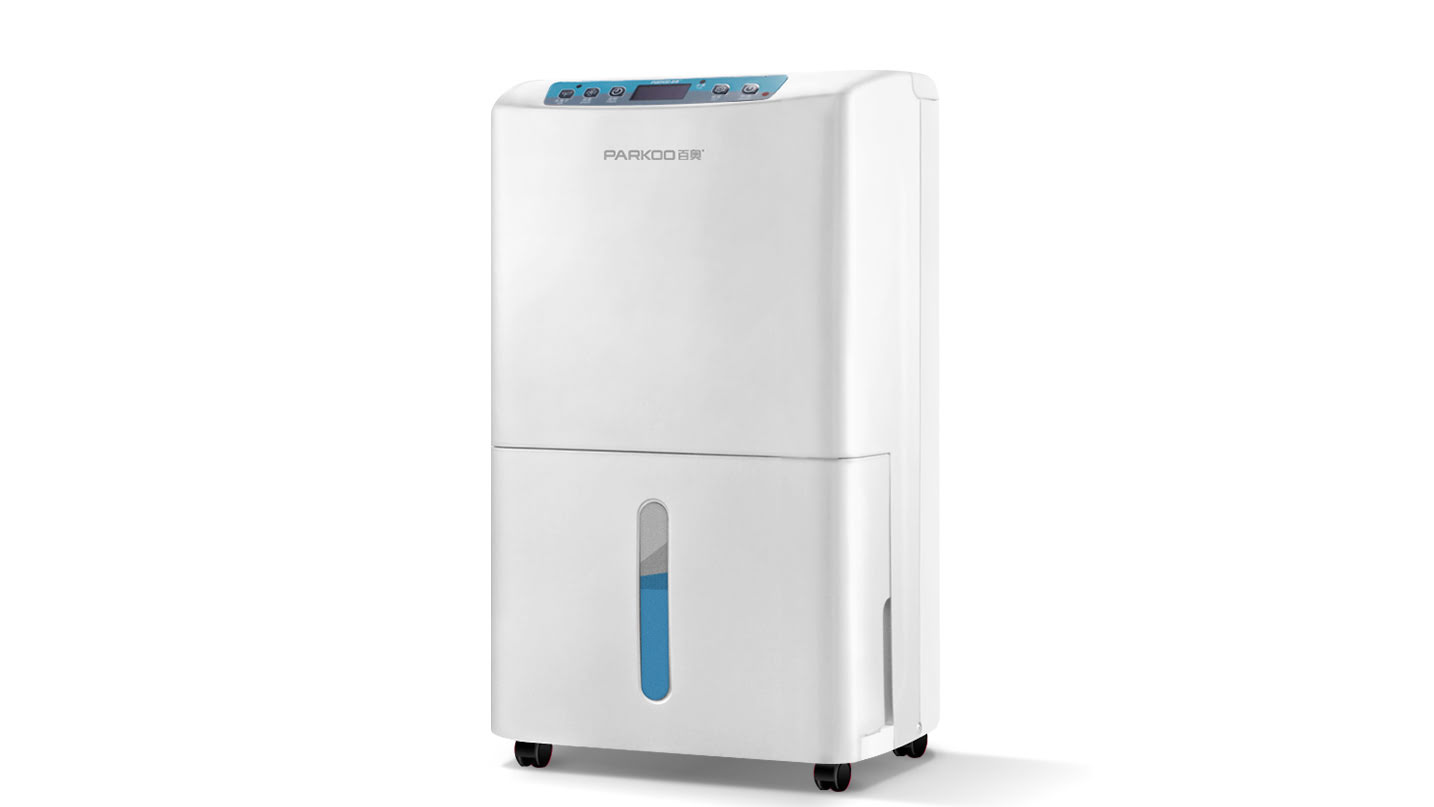Who doesn't like staying at a great hotel
In some travels, clean, elegant, and comfortable hotels are the highlights of our travels. The swimming pool, fitness center, lounge, and restaurant create a relaxed experience that makes us want to stay for a few weeks If it weren't for a few months However, even the cleanest hotels may have air quality issues. This is a serious concern of individuals and health organizations such as the American Lung Association
You may guess that hotels will encounter many air quality issues similar to those of homes and commercial offices.
So, how do you protect your lungs while staying at the hotel? What can hotels do to provide guests with cleaner air The problem is very complex, but the solution is very simple
Hotel air pollution: common culprits
You should be concerned about air quality and indoor air pollution.
. If you have a Respiratory disease, such as asthma, allergy or COPD, you need to pay special attention to the air quality you breatheIt is relatively easy to monitor and control indoor air quality at home. There is an open window here, where there is an air purifier, and perhaps some scattered plants at home, you can control air pollution and purify the air However, you do not have such control when visiting the hotel. Unfortunately, you are at the mercy of the hotel itself, as each room has different locations and previous guests, and the air quality may vary depending on the room In hotels, just like at home and outdoors, there are many reasons for air pollution. External pollutants such as ozone, dust, nitrogen dioxide, and particulate matter can seep into indoor areas such as hotel rooms
Main sources of indoor quality
In hotels, there are usually four main reasons for poor air quality.
The first is bacteria, which can cause diseases or trigger asthma and allergic symptoms.
. Bacteria can enter the hotel's air conditioning system, causing significant problems for many guests
Mold is another common issue in hotels. If not properly cleaned and disinfected, mold may embed into hotel walls, release spores, and cause significant respiratory problems for hotel guests Thirdly, there are dust mites. These microscopic organisms can be found in carpets, pillows, and mattresses, and they prefer areas with a lot of human dandruff. These microorganisms may cause symptoms of allergies and asthma, and high-power machine vacuuming rarely completely removes them
Of course, there are other reasons for poor air quality in hotels, including chemical cleaning agents and smoke generated by paint and building materials.
Finally, a major issue with visiting hotels is the lack of ventilation. In some cases, you cannot open the window, so the only air comes from the air conditioning system. If the HVAC system is not blown clean and fresh air enters your room, the air quality will deteriorate
Although it is rare today, there may still be a smell of smoke in your hotel room. This is a third-hand smoke cigarette. In addition, according to hotel policies, pet dander may also be present in hotel rooms
The key is that indoor air quality is acceptable in hotels.
. There are some signs, such as the presence of odors or purifiers, but in most cases, the air quality of hotel rooms is unknown. That's why it's best to take certain measures, especially if you have sensitive respiratory diseasesVisiting hotels?
? Raise the correct questions about air quality
If you are concerned about the air quality of hotel rooms, specific measures can be taken to ensure that you stay in the building or specific rooms, which is very simple for your health
Everything starts with asking the right questions before booking.
Firstly, inquire about the hotel's policies regarding smoking and pets. Most states prohibit smoking in commercial venues, including restaurants and hotels, so hotel rooms may not be smoking either. However, if you are not familiar with specific national laws, especially not asking
If you have pet allergies, you should inquire about the hotel's pet policy and whether pets are allowed to stay in the room. If there are any type of pets left in the room, it is best to choose a different location When discussing air quality, ask about the cleaning process. How do staff thoroughly clean bed sheets, sheets, pillows, and blankets? What is the process? Do you use hot water? Understanding their cleaning process can help you decide whether the hotel is suitable for your health needs
You can also inquire about the use of air purifiers.
. Many hotels use air purifiers in their facilities. If they have a purifier in their room, you may have cleaner and healthier air during your stay
Personal air purifier brings you on your journey
As an additional measure, you can always carry the air purifier with you to keep it in your room during travel.
. This will help clean the air in hotel rooms and reassure you that you are breathing healthier, pollution-free air. This is particularly important if you have allergies or asthmaIn order to fully utilize your air purifier in hotel rooms, it is best to install it as soon as possible and let it run for at least a few hours. This will give the air purifier a chance to play its magic and filter the air when Kimi ga Inai
The overall effect of the purifier will depend on the type, running time, and the circulation of clean large area lenses in the hotel room.
. It should be able to remove a large amount of mold, bacteria, chemicals, and other impurities from the air
You can also assist the purifier by turning on the A/C fan in the room, which will circulate the air and create greater flow for the machine.
Air quality and your hotel: what you need to know
As a hotel manager or owner, you need to understand the guest's air quality.
. Of course, an obvious issue faced by hotels is odor, as it can drive away business activities and prevent guests from arranging follow-up visitsSmoke is another issue. As a hotel manager, it is wise to keep an air purifier on hand in case a guest decides to light it up in one of your rooms In addition to odor, there are also health and safety issues
Mold, mold, bacteria, chemical smoke, and pollen can all affect your guests, so ensuring clean air is, frankly, the correct approach
How to test the air quality of your hotel
The first step is to fully understand the current air quality of the hotel, which will require testing.
. If you want to control the process, you can order a cheap testing kit that allows you to check for mold and mold. These tests usually require you to take samples and then mail them for laboratory testingThere are also advanced equipment that can be used to immediately detect any bacteria or pollutants.
. These machines are generally easy to use and can provide information about Volatile organic compound, particulate matter and other materials To simplify the problem, you can hire an air quality testing company. These businesses focus on generating information on many common pollutants and can provide the necessary data in a fast and convenient process
Steps to Keep Hotel Air Fresh
Once information about hotel air quality is obtained, measures can be taken to keep the air fresh or remove specific pollutants.
. You can take various measures to clean the air, each of which will depend on what you have learned during the testing phaseIf you find a large amount of volatile chemicals and Volatile organic compound in the air, you can consider replacing your cleaning products. Many chemical cleaners release smoke into the air that may affect air quality, so replacing these smoke is a quick and convenient solution There are also options for using plants to enhance air quality. Plants, especially when combined with air purifiers, can filter out a large amount of impurities present in homes, businesses, and hotels. Plants can capture various particles that may be leaked from air purifiers, making them the perfect way to supplement air purification effects As any hotel manager knows, regularly cleaning the HVAC system and indoor air conditioning is a very important measure
Ozone in hotel facilities: when is appropriate If one or more rooms in your hotel have obvious strong odors or a large amount of air pollutants, you can consider using an ozone or ion generator to "shake" the room However, ozone should be used with caution as it may be harmful to the lungs and skin. In most cases, it is best not to use an ozone machine yourself, but to hire trained professionals for ozone treatment
Due to its molecular composition, ozone can attach a portion of itself to odor molecules, mold spores, and chemicals, immediately destroying them at the cellular level. However, ozone can also damage cells in the lungs, respiratory system, and skin
As a hotel owner or manager, it is best to use an ozone generator only when there is a strong odor in the room or a certain area is contaminated with a large amount of mold.
. Even so, it is best to delegate the task to well-trained and knowledgeable professionals
Hotel air purifiers: What is the correct type
Hotels have many different needs for their air purifiers.
. Due to different room sizes, many hotels have large public areas, such as banquet halls and fitness centers, so the needs of each hotel will change